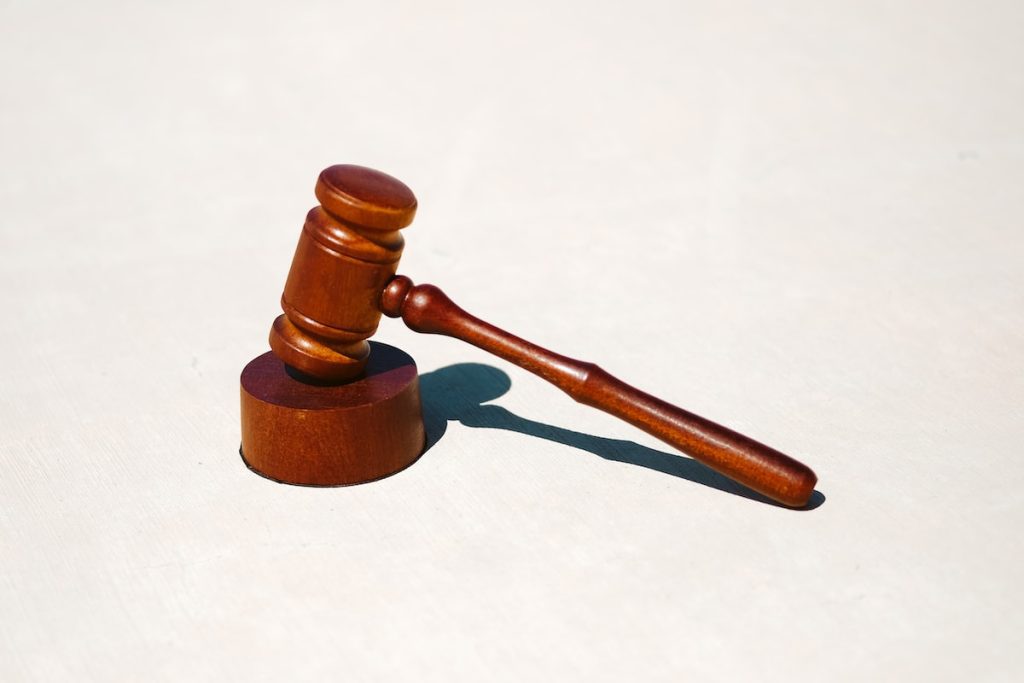
Workplace accidents can be extremely dangerous. Every year, thousands of workers are killed on the job, and many more are injured. These accidents can cause a wide range of injuries, from minor cuts and bruises to more serious injuries, like spinal cord damage. In some rare cases, individuals can even become paralyzed through a workplace accident. If you find yourself in this situation, you may be overwhelmed and unsure of what to do. Keep in mind that there are a lot of resources available to help and professionals who can guide you through every step of your recovery. If you’re in need of advice, read on to find out what to do if you become paralyzed from an accident at work and to know your compensation as a worker.
What do you do if you become paralyzed from an accident at work?
If you are paralyzed from an accident at work, the first thing you should do is wait for emergency personnel to arrive. Do not try to move or get up on your own. Once emergency personnel has arrived, they will assess your condition and provide necessary treatment. Depending on the severity of your paralysis, you may need to be hospitalized or undergo rehabilitation. Be sure to follow all instructions from your doctor and take advantage of any resources available to you in order to make a full recovery.
After seeking medical attention, you need to hire a personal injury attorney. This is because you may be entitled to compensation for your injuries. An experienced personal injury attorney, like this paralysis lawyer, will be able to help you file a claim and negotiate with the insurance company. They will also be able to advise you on your best course of action. Your attorney will file your claim and negotiate with your employer and the insurance company. If they refuse to offer a fair settlement, your attorney can file a lawsuit on your behalf.
It is possible that you may need occupational therapy after becoming paralyzed. This is because you may have difficulty doing the things you used to do before your injury. Occupational therapy can help you to learn new ways to do the things you need to do each day. The cost of occupational therapy can be covered through a personal injury settlement in many cases.
Why do you need to hire a lawyer right away?

You need to speak to your lawyer right away because there may be a statute of limitations on your personal injury claim. A statute of limitations is a law that sets a time limit on how long a person has to file a lawsuit. The time limit varies depending on the type of lawsuit. If a person files a lawsuit after the time limit has expired, the court will likely dismiss the case. The time limit may be extended if the defendant fraudulently concealed the wrongdoing. Also, some states have a “discovery rule” that delays the start of the time limit until the plaintiff discovers or reasonably should have discovered the injury.
If you are considering whether or not to hire a personal injury lawyer, you need to understand how they are compensated. Most personal injury lawyers work on a contingency fee basis. This means that the lawyer will not charge you any fees unless they are successful in recovering damages on your behalf. If the lawyer is unsuccessful, you will not have to pay any fees. A contingency fee arrangement can be beneficial to you because it eliminates the need to pay any fees upfront. This arrangement also helps to ensure that the lawyer is motivated to achieve a successful outcome in your case.
Workplace accidents can leave employees paralyzed, and it is crucial to take care of yourself if this happens. You will likely need to go through rehabilitation, where it can be extremely beneficial to have a strong support system to help you through this difficult time. You may also need to make some changes to your life, such as getting around in a wheelchair. It is critical to stay positive and focus on your recovery. You should also reach out to a personal injury attorney so you can find out whether or not you may be eligible to file a personal injury claim. You may be entitled to compensation that can cover medical bills, lost wages, and other damages associated with the injury.




